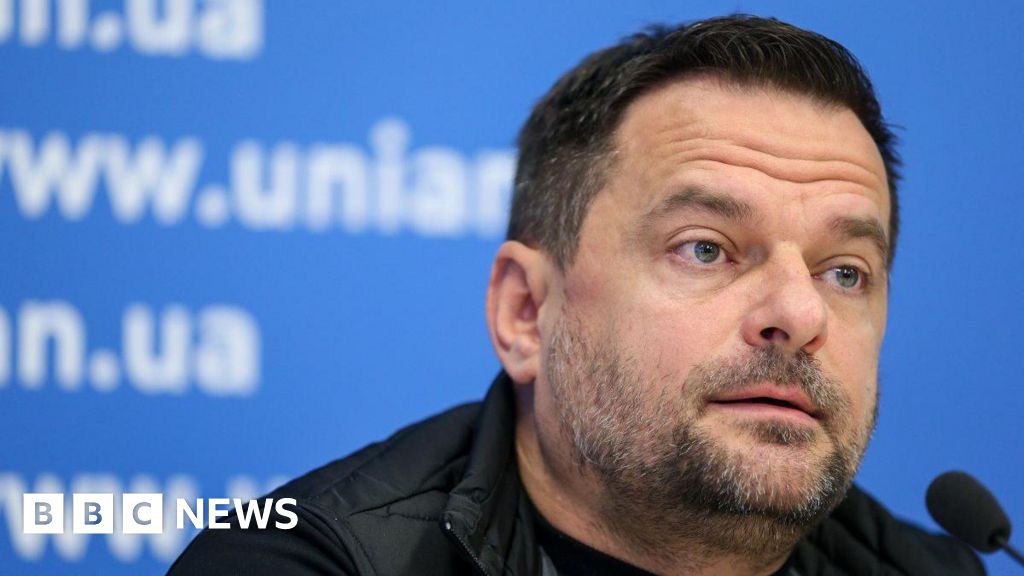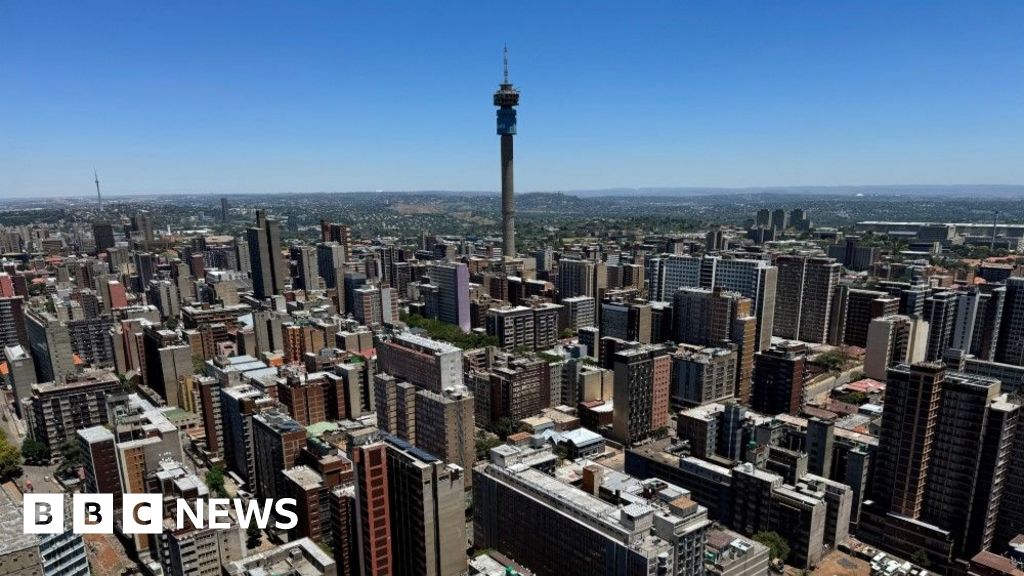
For free real time breaking news alerts sent straight to your inbox sign up to our breaking news emails
Sign up to our free breaking news emails
Israeli forces have pushed deep into Jabalia in northern Gaza – to recapture an area where it said it had dismantled Hamas weeks ago – while tanks and troops continued to move into the southern border city of Rafah.
The offensive in Jabalia, which contains a sprawling refugee camp, shows just how difficult an operation in Rafah – where more than a million Palestinians are sheltering – will be. Jabalia residents fled along rubble-strewn streets carrying bags of belongings. Tank shells landed in the centre of the camp and airstrikes destroyed clusters of houses, they said. Health officials said they had recovered 20 bodies of Palestinians killed in overnight airstrikes. On Sunday, US Secretary of State Antony Blinken warned Israel that a full-scale offensive in Rafah would likely provoke "anarchy" without eliminating Hamas.
The UN's Palestinian refugee agency, UNWRA, estimated that about 360,000 people had fled Rafah since the Israeli military gave its first evacuation order a week ago.
Khaled Roumi, 33 and a father of three, from the al-Shaboura neighborhood in the border city, said: We have been hastily preparing our things to leave the place... The situation is horrible; it is difficult to control yourself.".
Many are facing acute hunger thanks to the lack of aid deliveries that are making it into the strip in the wake of Israeli forces seizing control of the border crossing in Rafah.
"All the areas that were threatened looked like ghost towns. The areas, houses, and streets have become empty. You would feel lonely when walking on the streets of these neighborhoods," Khaled said. "The situation is more difficult than you can imagine. Food is now not available like before, and it is difficult to get water. There are no goods in the market to buy. Prices are rising every day due to the closure of the crossings."
Israel has stepped up aerial and ground bombardments on the eastern areas of the city, killing people in an airstrike on a house in the Brazil neighbourhood on Monday.
Israeli troops are seeking to wipe out Hamas in the wake of an attack into Israel on 7 October during which around 1,200 were killed and another 250 were hostage. In the Israeli bombardment, ground offensive and blockade that has followed, mpre than 35,000 Palestinians have been killed, according to health officials in the strip.
Attending a Memorial Day ceremony to mark Israel's fallen soldiers in Jerusalem on Monday, Prime Minister Benjamin Netanyahu said: "We will not stop until we bring about the collapse of the Hamas terror regime. We will exact revenge from those who perpetrated the attack, till the very last one of them. We will sever their arms so that they can no longer raise them against Israel."
Hospital staff inside Rafah are worried about what is to come as supplies run low and facilities are overwhelmed. Ali, a young surgeon at al-Kuwaiti Hospital said: "We are planning to stay here until the last moment... We are trying to keep providing healthcare to the people here in Rafah since we are the only unit left receiving casualties and the only unit that manages burns."
"We are pleading that the whole world stands in the way of this war as soon as possible," Ali added.
In Khan Younis, the largest city in southern Gaza, where many of those leaving Rafah are seeking to flee to – despite it having also faced Israeli assault in recent months – hospital staff say they have seen nothing like this before.
A British doctor currently in Rafah, who asked not to be named said: "Over the last couple of days, the situation has deteriorated even further, with several airstrikes and artillery strikes across the east of Rafah city
Coming into Rafah, the streets that were previously packed with [Palestinians] living in makeshift tents [are now empty]. Most of those tents have now been dismantled and people have fled.
"The south [of Gaza] is running out of food. People in sheer desperation, have been taking humanitarian aid from the very limited convoys that are allowed into Gaza," he added. "This is just catastrophe on catastrophe on catastrophe. I've never seen or heard anything like it in my entire life."

 8 months ago
21
8 months ago
21









